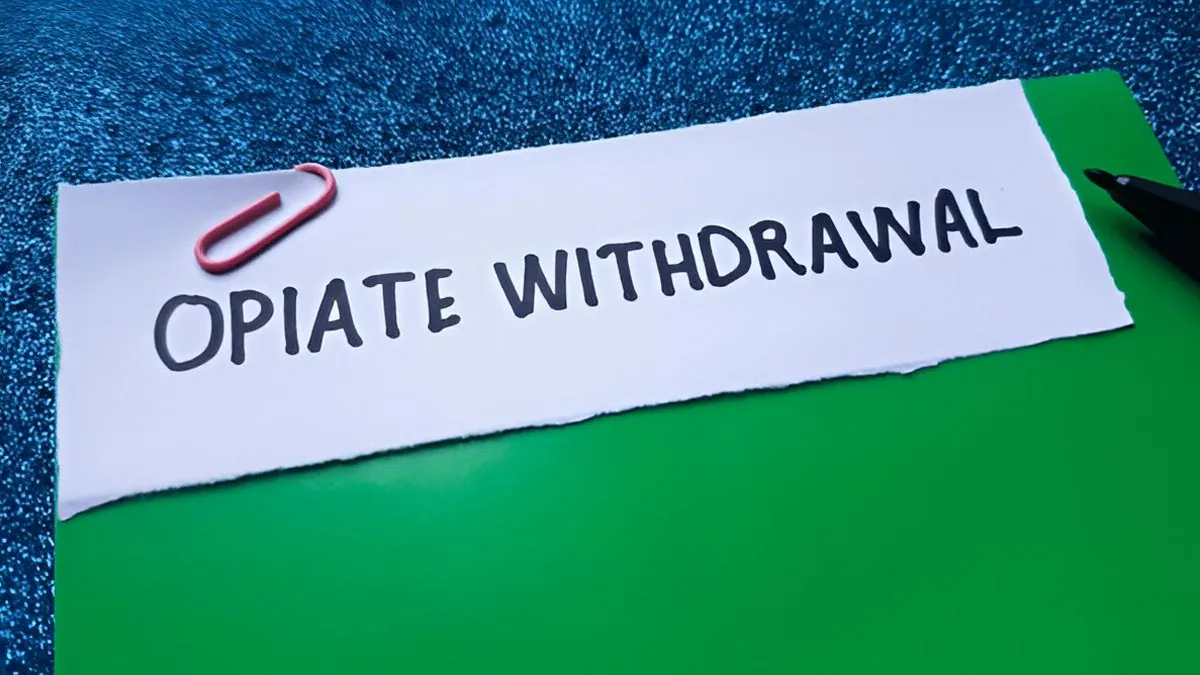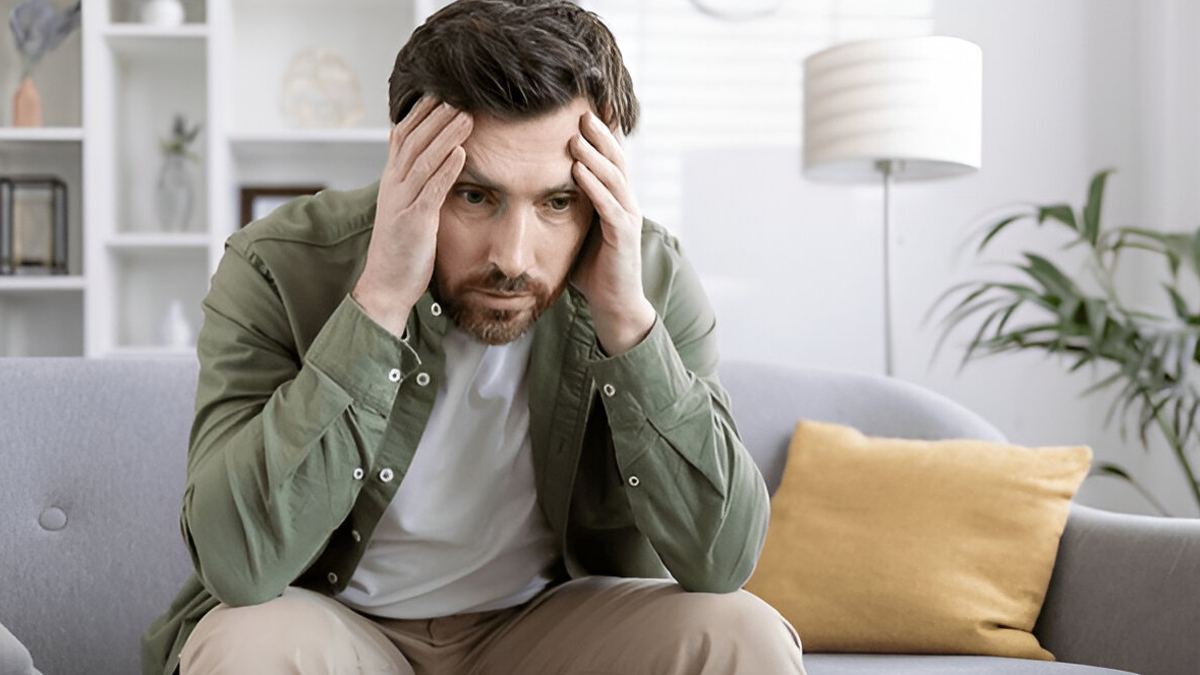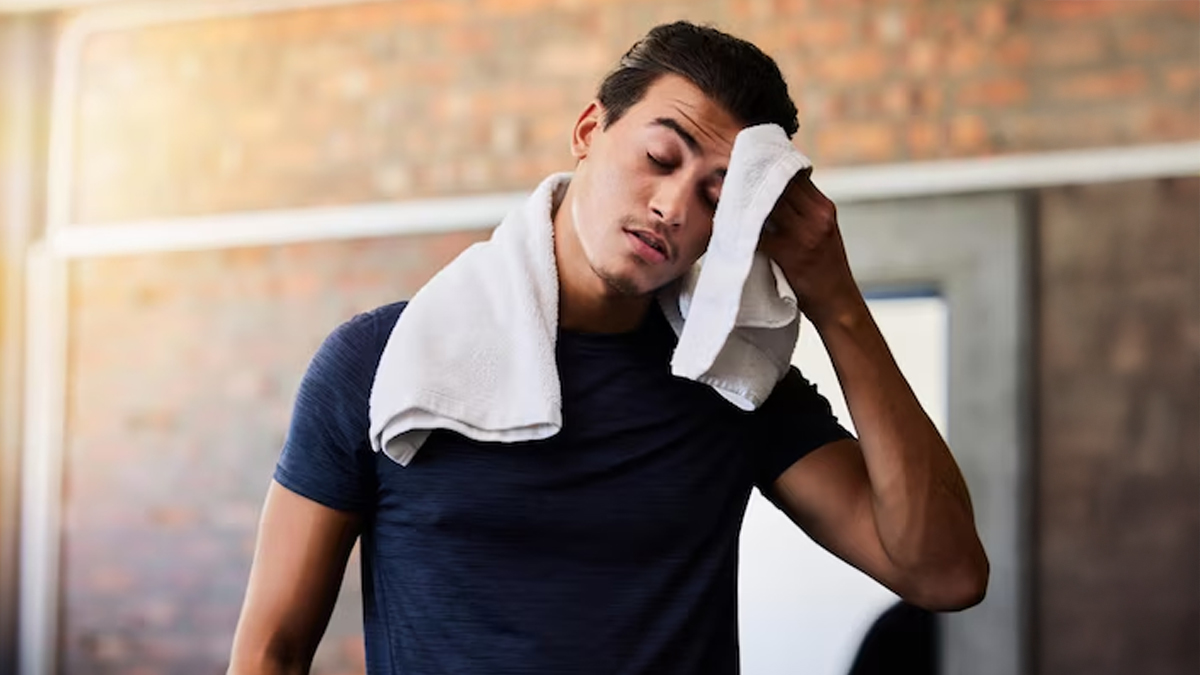
Recovery from opiate addiction is not an easy path. For those attempting to stop, withdrawal symptoms can feel like a full-body rebellion; nausea and muscle aches, chills, anxiety, insomnia, and mood swings that feel so overwhelming. And while medical detox is highly recommended, some will opt (or are compelled) to weather from home, particularly in the initial phases or for lack of access to professional assistance. If you or your loved one is walking this difficult walk, here's a guide to easing opiate withdrawal symptoms with remedies and strategies that can help at home.
Table of Content:-
What Is Opiate Withdrawal?

When someone stops taking opiates after prolonged use, the body scrambles to recalibrate. Opiates suppress the central nervous system, and once they're gone, everything goes into overdrive. According to StatPearls, opioid withdrawal syndrome is a serious condition that arises from dependence on opioids. These drugs are primarily used to treat intense pain but are also widely misused as psychoactive substances across the globe.
Opioids include drugs like morphine, heroin, oxycodone, codeine, methadone, and hydromorphone hydrochloride. They are known to induce feelings of relaxation, alleviate pain, and create a sense of euphoria. Prolonged use of opioids can result in a debilitating dependence for individuals.
When someone stops taking opiates after prolonged use, the body scrambles to recalibrate. Opiates suppress the central nervous system, and once they're gone, everything goes into overdrive. That’s why people often feel shaky, sweaty, agitated, and deeply uncomfortable during withdrawal. The symptoms usually begin within 12–30 hours of the last dose and peak around 72 hours, gradually easing over a week, but psychological effects like anxiety and cravings can linger for weeks or even months.
Also Read: Mental Health Matters: Why Substance Abuse Is A Symptom Of A Deeper Crisis
Home Remedies For Opiate Withdrawal
Stay Hydrated

Vomiting, diarrhoea, and sweating can quickly lead to dehydration, a common and dangerous complication. Hence, sip water throughout the day and consider oral rehydration solutions or electrolyte-rich drinks, such as coconut water. Avoid sugary sodas or caffeinated beverages; they may irritate your system further.
Comfort Foods and Small Meals
During withdrawal, your appetite might vanish, or your stomach might revolt at the sight of food. Try to eat small, bland meals, bananas, rice, toast, or oatmeal. Bone broth or vegetable soups can be nourishing without being too heavy. Ginger or peppermint tea may also help with nausea.
Heat and Warmth
Warm baths or hot showers can be surprisingly effective. Soaking in a tub with Epsom salts not only soothes sore muscles but may also ease anxiety. Heating pads or hot water bottles can help with back pain and cramps. Just make sure not to overdo it or fall asleep with them on.
Don't Neglect Sleep

Insomnia is perhaps the most challenging withdrawal symptom. In order to sleep better, make your bedroom dark and cold, watch less television or computer before bedtime, and do not consume caffeine after noon. Herbal teas, such as valerian root or chamomile may provide a soothing effect. Breathing exercises, light stretching, or meditation before bed may also promote rest.
Also Read: Do You Know Chronic Pain Meds Have Opioid In It? Know How Opioid Could Hamper Your Health
Natural Remedies for Anxiety and Restlessness
Withdrawal often comes with a whirlwind of emotions, panic attacks, irritability, mood swings. You may not be able to control it entirely, but calming practices help. Try deep breathing, yoga, or guided meditation (apps like Headspace or Insight Timer offer free resources). Passionflower, magnesium supplements, or CBD oil are also used by some to manage mild anxiety, though you should consult a doctor before trying new supplements.
Sweat It Out

Physical activity may be the last thing on your mind, but even light movement can help your body release endorphins, natural mood boosters that opiates once replaced. Go for short walks, do light stretching, or dance to music you love. Don’t push yourself too hard, just aim to stay mobile.
Avoiding Triggers and Setting Up Support
One of the biggest challenges of home withdrawal is staying away from people, places, or patterns associated with drug use. Set up your space to be calm and comforting, light a candle, play calming music, or put up affirming notes. Stay connected with at least one trusted friend or family member who can check in regularly. Online forums or peer support groups like Narcotics Anonymous (NA) can also help, especially when in-person support isn’t available.
Know When to Get Help
Some symptoms, such as severe dehydration, hallucinations, suicidal thoughts, or rapid heart rate, can be life-threatening. In such cases, don’t hesitate to seek emergency care. Home remedies can support the process, but they’re not a substitute for medical intervention when needed.
Bottomline
Opiate withdrawal is brutal, but not impossible. The pain, the sleepless nights, the emotional storms, they don’t last forever. Every hour you get through is a win. Be kind to your body. Be patient with your mind. And remind yourself: healing doesn’t happen overnight, but it does happen.
If you’re planning to quit or are currently in withdrawal, know this, support exists, even when it doesn’t feel like it. Home remedies can help you ride out the storm, but leaning on community, medical professionals, and long-term recovery plans will carry you further.
[Disclaimer: This article contains information for informational purposes only, hence, we advise you to consult your expert if you are dealing with any health issues.]
Also watch this video
How we keep this article up to date:
We work with experts and keep a close eye on the latest in health and wellness. Whenever there is a new research or helpful information, we update our articles with accurate and useful advice.
Current Version